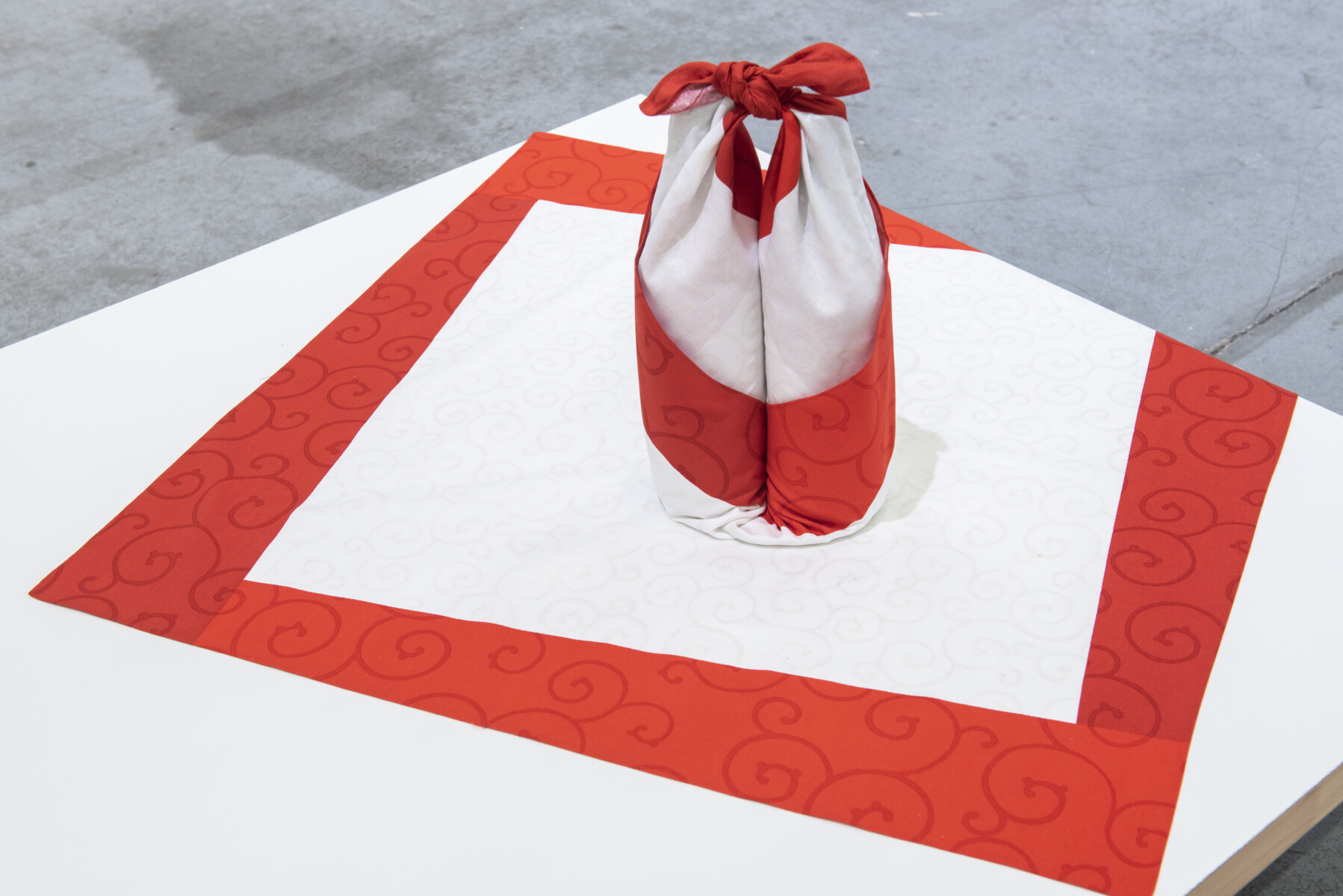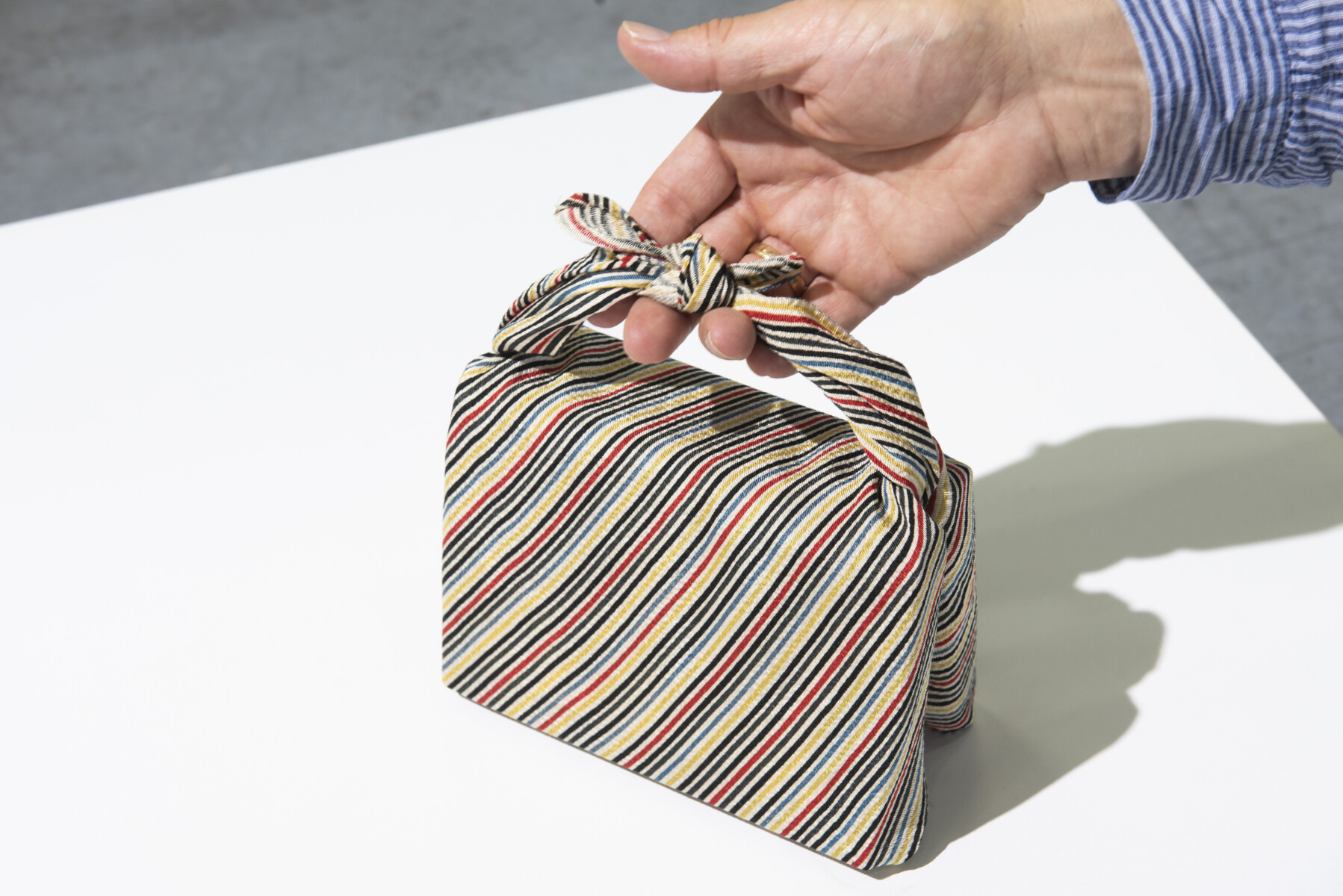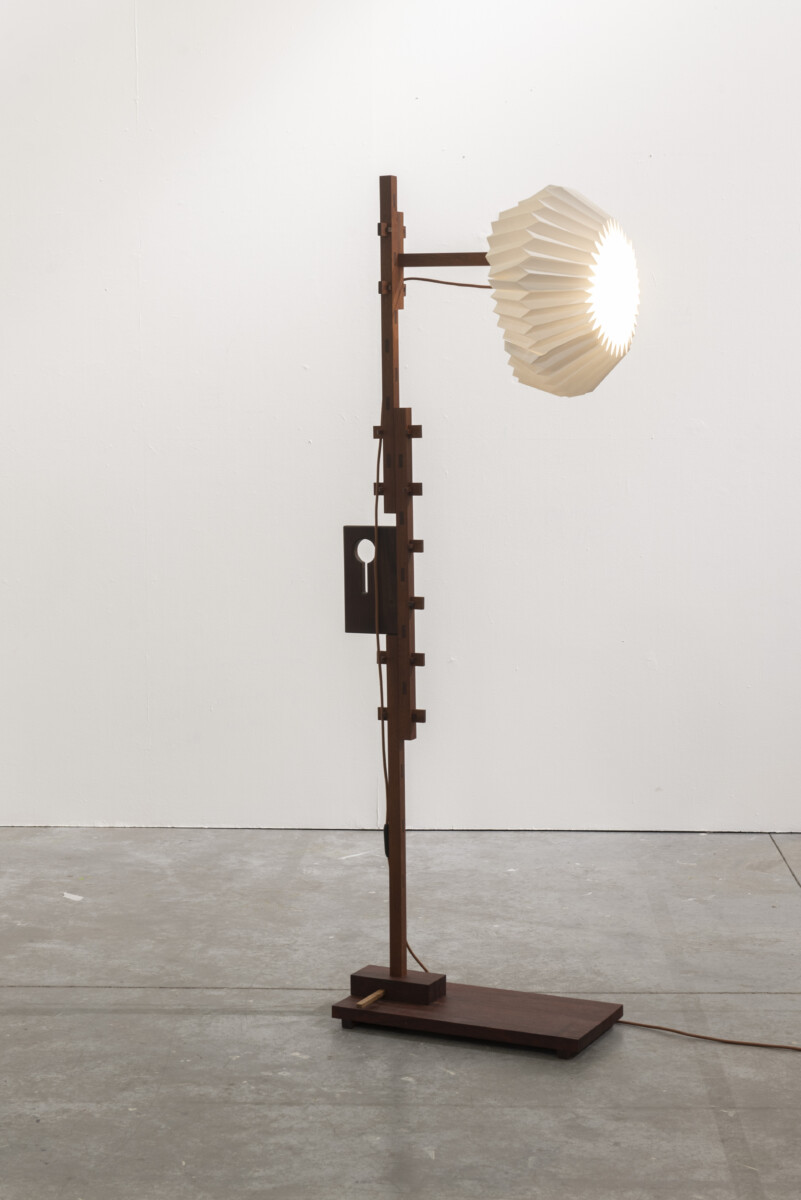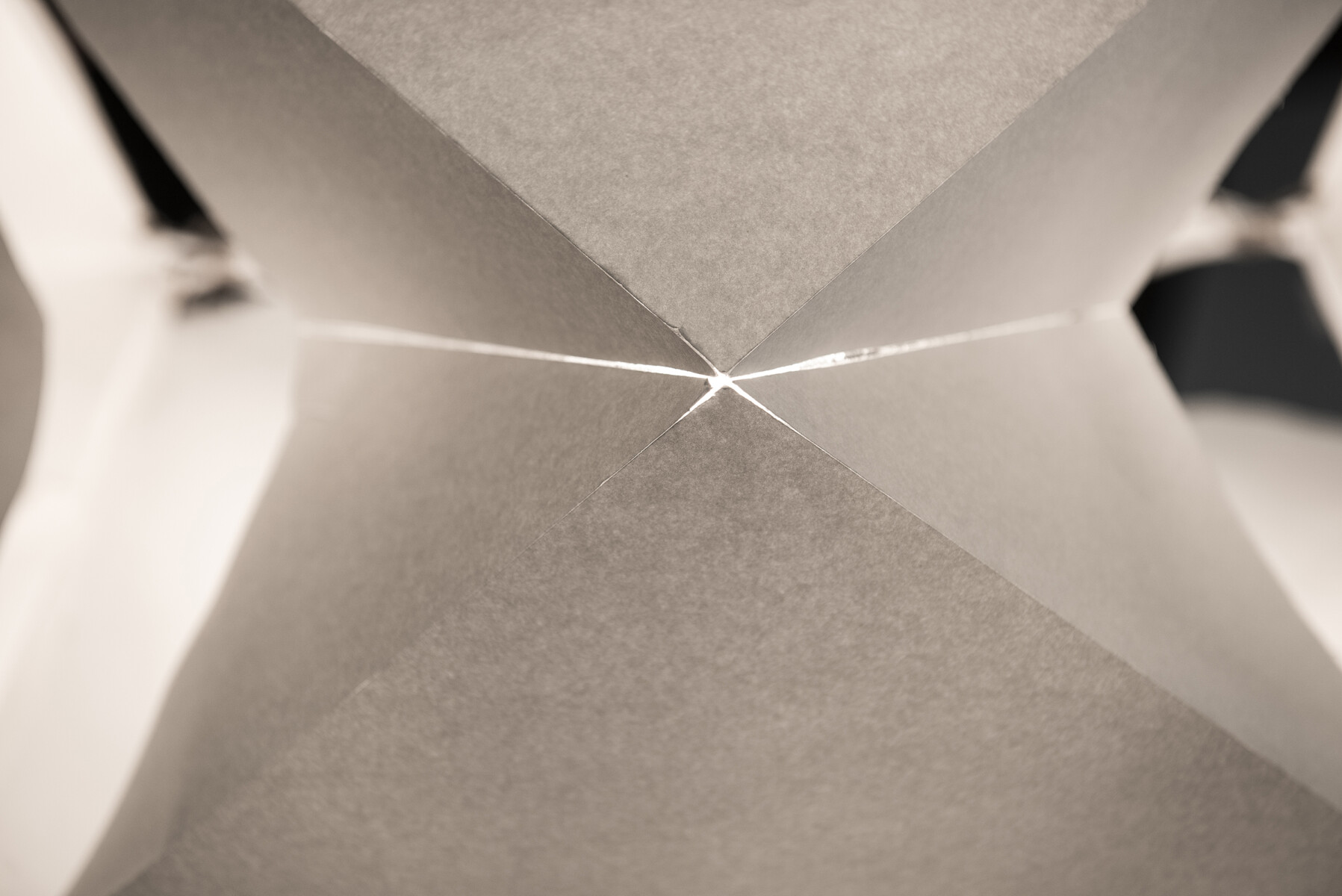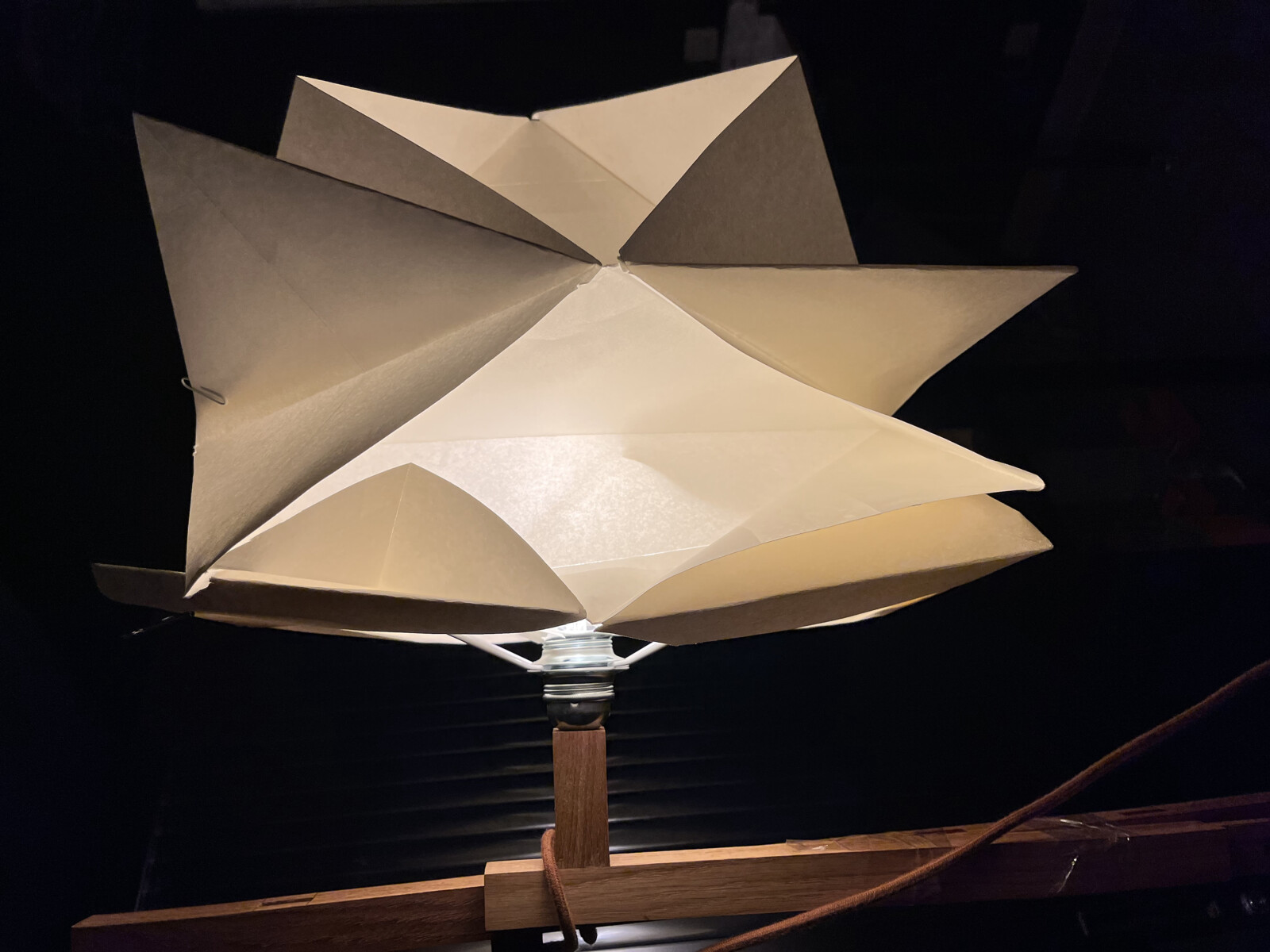Japanese folding and assembly techniques as a source of knowledge for sustainable furniture and interior design.
This project focuses on reducing waste in the furniture sector through designers' design methods. Research on traditional Japanese folding and assembly techniques will be integrated into Western modern design methods for sustainable design. Consequently, long-term use, smooth assembly and disassembly will be activated, and devising innovative, repairable and sustainable design of sub-elements will be the added value sought. Many traditional folding and assembly techniques can be found in Japan such as, for example: 'Origami', designing with paper without glue, which is put together by partial elements, 'Sashimono', designing wooden furniture and interior structures with joining techniques without industrial furniture fittings, and 'Furoshiki', designing portable packaging made of textiles that can be easily folded open and closed. Key aspects of all this Japanese information will be mapped and made accessible to designers in Belgium. Inspired by this data and integrated with Western methods of sustainable design, new concepts of sustainable interior and furniture products will be created. The design method for sustainable design will also be optimised in collaboration with KASK, and the University of Antwerp and local designers. Kanazawa (Japan) and sister city of Ghent is where Japanese culture and traditional techniques have been practised for centuries and KASK, HoGent has had an exchange programme with 'Kanzawa College of Art' since 1971. This relationship is taken advantage of in this research project.
